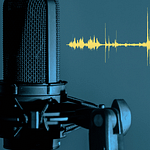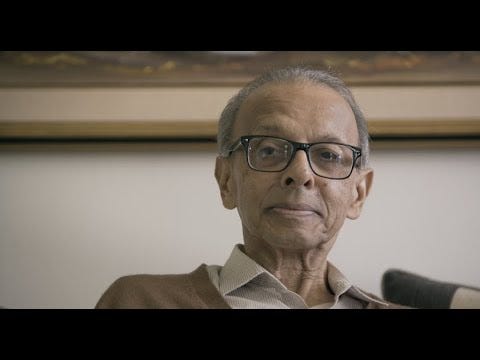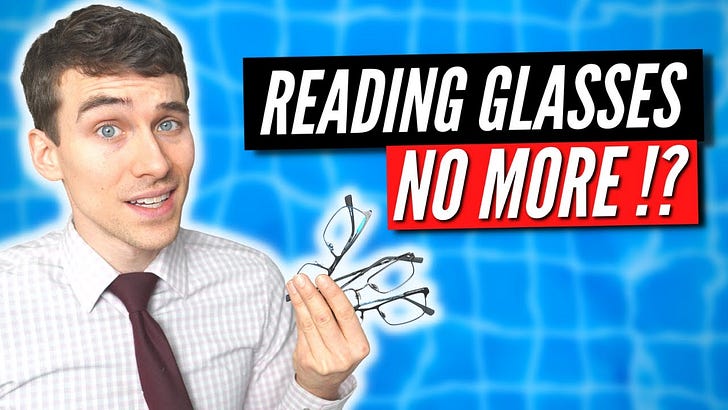It's not a trick question.
Or maybe it should be phrased another way.
Smiles can be an integral part of power play.
But they're rarely, if ever, spoken about in that context
It's hard to wear a tough expression in response to a smile.
And they're often the preamble to conversations. Setting up the stage, as it were for a dialogue.
In social situations, from networking to parties, the ones willing to talk convey 'approachability' quite easily, signaled by a smile. Breaking the barrier of resistance.
The ones whose faces seem to have the sign 'Forbidden Zone' imprinted on their expressions have a tough time getting through.
It may work as a tactic, when power hierarchies have to be established. But others in the room can play the same game as well, leading to deadlock.
People who smile easily aren't pushovers. That's a misconception and they have understood that smiles dissolve walls. That helps them exercise power without showing it at all.
Observe power dynamics at play. The ones who extract concessions may hold on to their positions, but they manage to be relatable and accommodative as well. And that includes toning down tensions, getting people to talk to each other and diffusing the atmosphere with a well-timed joke or observation.
We tend to think of smiles as pleasantries, used for polite conversations. But negotiating with smiles is a power tactic where far more is extracted than people are willing to give.
Does that sound like a contradiction?
Growing in the pandemic
A couple bought two acres of farmland to grow food without any pesticides or chemicals.
In a few years, they grew more than they could consume and looked to market the produce.
And the pandemic helped them get a toe into households who wanted vegetables home delivered.
My Harvest has been a step-by-step process, like several other companies responding to the disruption caused by the pandemic
The trial by fire is managing supplies and logistics against companies having deeper pockets and better distribution.
So, they worked on the personalised service route.
Ordering is through Google forms and the vegetables and fruits change from week to week.
They added grain and millets with more farmers cultivating their lands the same way.
There's 'Mappilai' rice, a rich dark grain that's perfect for 'congee' along with a tangy chutney or pickle. Remarkably nutritious and light on the stomach.
And the young founder posts everything from news about farmers on the network to a celebration in the village to the experiments they are conducting with the crops to improve yields and quality.
Now, they've started a recycling project and removed plastic almost completely from the chain. Vegetables are packed in a cloth bag and exchanged every week with a fresh order.
The bags have a personalised pin that identifies customers, and the shopping bags act as both branding and symbolise how they're being sustainable.
They have a core of less than 1000 customers a week now. But wait for a few years and they could be a significant force for good.
Make yourself useful
It starts early in childhood.
At some point or the other, everyone has heard it.
Maybe when sitting idly at home.
Or in class looking out of the window.
Even during a coffee break at work.
The problem is that usefulness is a single dimension - and refers to just one thing. Are you doing something to score more marks or make money for the company?
Anything outside of that is seen as useless.
Yet, the profound changes and the world we live in today has come about as a result of 'useless' work done decades or centuries ago.
By people who never looked for riches but were inquisitive and curious.
About mathematics, physics, chemistry or even experimenting with the unknown.
There are fewer places doing this today.
When there's no visible chance of 'returns' on the horizon, most people melt away.
Einstein knew exactly how he was able to work things out - by standing on the shoulders of giants.
But the giants are lost in the mists of history.
Marconi is credited with inventing radio. But he was simply applying the 'useless' knowledge Professor Clerk Maxwell carried out remote calculations in the fields of magnetism and electricity.
That work lay unheralded for over a decade. Until Heinrich Hertz, working in a lab in Berlin, demonstrated how electromagnetic waves carried wireless signals. Marconi simply put 2 and 2 together and got both - fame and an everlasting credit in history.
Hard to believe?
Check out the article published in Harper's Bazaar - in 1939!
Every week, I'll plant a few ideas in your mind on branding, behavior and markets. Triggers for your thoughts. Spread the word to your friends. All you have to do is click the link and enter an email address.












Share this post